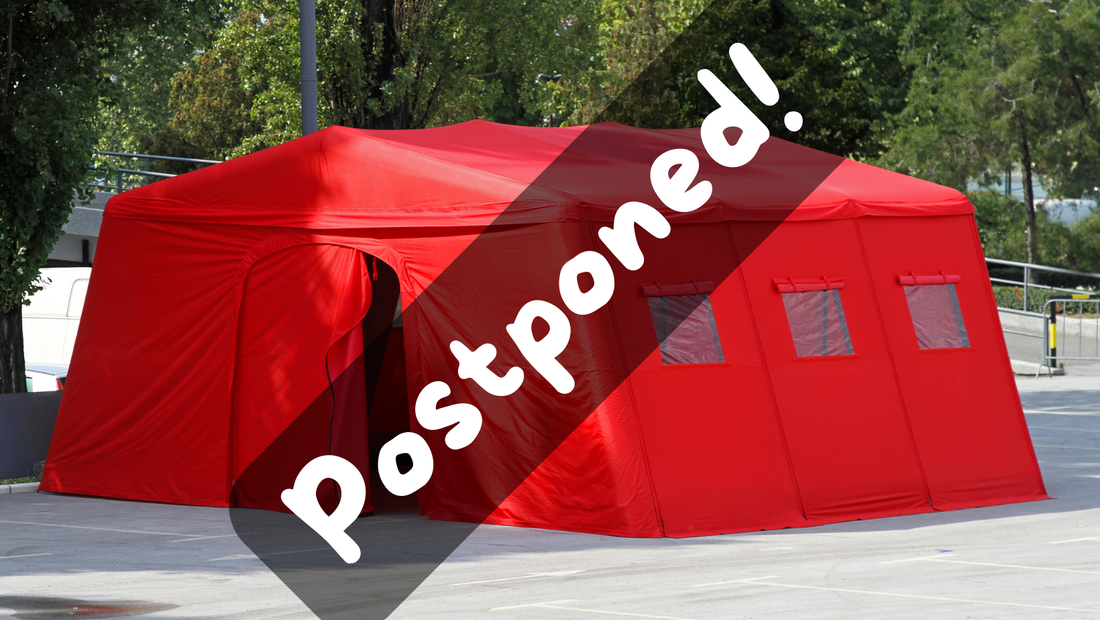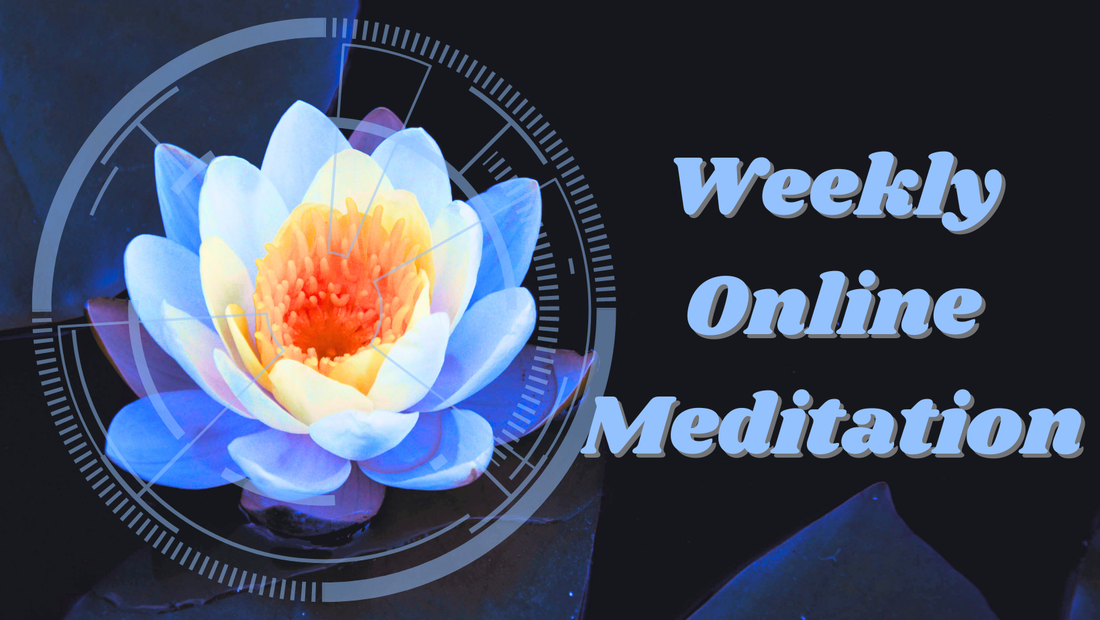Adult Learning and Growth
The First Unitarian Congregation of Ottawa offers a variety of programs for adults who wish to explore new topics and experiences.
Take a look at the Lifespan Learning Guide for more information, and read on below.
If you're looking for information on established, ongoing fellowship, growth, creativity, and social justice groups, please visit our Get Involved page.
Take a look at the Lifespan Learning Guide for more information, and read on below.
If you're looking for information on established, ongoing fellowship, growth, creativity, and social justice groups, please visit our Get Involved page.
Spiritual and personal growth
|
Women’s Pagan Circle Celebrates Midsummer
Thursday, June 20 - 7:00pm in Fellowship Hall Trans women, cis women, and nonbinary folks (you decide if this is a fit for you) are invited to celebrate Midsummer - the point when the days are longest, when the strawberries are ripe and roses are blooming - with a blessing of first fruits and an offering to the Earth who sustains us. Feel free to bring seasonal fruit from your garden, your local grocery store, or that you've foraged from your neighbourhood, such as rhubarb, strawberries, serviceberries, and red currants, for blessing and to share after the ritual. Other finger foods are welcome, too, as well as cash donations to cover costs and to give to FirstU for hosting our group. |
Our trans-inclusive, loosely "Eclectic-Dianic" Circle meets every 6 weeks (except for August) to celebrate the Quarter and Cross-Quarter days together. Likely dates (TBC) for future rituals are as follows: September 19, October 31, and December 19. Trans women, cis women, and non-binary folks are welcome and encouraged to attend. Contact Laurie at lauren.fosterm[at]gmail.com with any questions.
|
Introducing Ourselves
POSTPONED Until the Fall This casual, small group gathering is for newcomers to FirstU to get to know each other and the church. Kate Kirkwood and Reverend Eric Meter will be your guides. Come and share with each other what brought you to FirstU, take the opportunity to ask any questions you have, plus hear about the basics of Unitarian Universalism, and get some insight into how FirstU functions and ways you can get connected here. To register, fill out this online form. Send any questions to [email protected]. |
Enriching Our Souls
social justice
|
Justice and Equality Action Group Presents:
Film Screening: Israelism Tuesday, June 25 - 6:30pm in Fellowship Hall - FREE Israelism documents how Jewish attitudes towards Israel are changing dramatically with massive consequences for the region and for Judaism itself. The 2023 film follows the changing perspectives of Simone Zimmerman, co-founder of If Not Now and Eitan, a former IDF soldier, exemplifying sweeping grassroots changes among young Jews in response to Israel's brutal treatment of Palestinian people. The screening will be followed by a panel discussion led by Professor Mira Sucharov. |
|
POSTPONED! Breakfast Forum: ShelterBox Canada
New Date TBD Join us on a NEW DATE (tbd) to learn more about ShelterBox, a Canadian charity that provides essentials to help people begin rebuilding their lives after a disaster. ShelterBox recognizes that each disaster is different and so is every community, so every response is also different, often customized and locally sourced items are included where possible. ShelterBox strives to provide the exact support that gives people the hope and power to transform their own lives. Ally Buck from ShelterBox will join us by zoom to make a presentation and answer any questions. Coffee and muffins will be provided. |
Well being
|
Taoist Tai Chi Practice and Learning Sessions
Tuesdays, staring March 12, 2024 - 1:00pm - Fellowship Hall Led by Friends of Taoist Tai Chi, Ottawa Tai Chi is a series of gentle movements that improves circulation, strengthens the bones, and develops good balance. Many have found their health greatly improved by regular practice. Master Moy first developed Taoist Tai Chi to improve his own health, and later dedicated his life to enabling others to do the same. We welcome anyone to participate, beginners included. Each two-hour session will be led by experienced instructors from "Friends of Tai Chi" and will include a break for tea. No advance registration needed just drop in. Send questions to: [email protected]. |
|
Weekly Online Meditation
Wednesdays - 7:00pm on Zoom Join our long-standing meditation sessions by dropping in on Wednesday evenings. We meditate together and share readings from teachers like Thich Nhat Hanh. Click HERE to join the meditation session Meeting ID: 880 7343 6250 Passcode: 259109 Let Colleen know if you would like to receive a friendly email reminder on Tuesday. |







